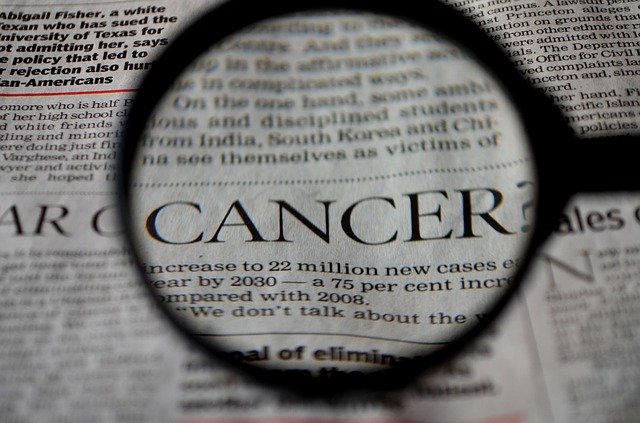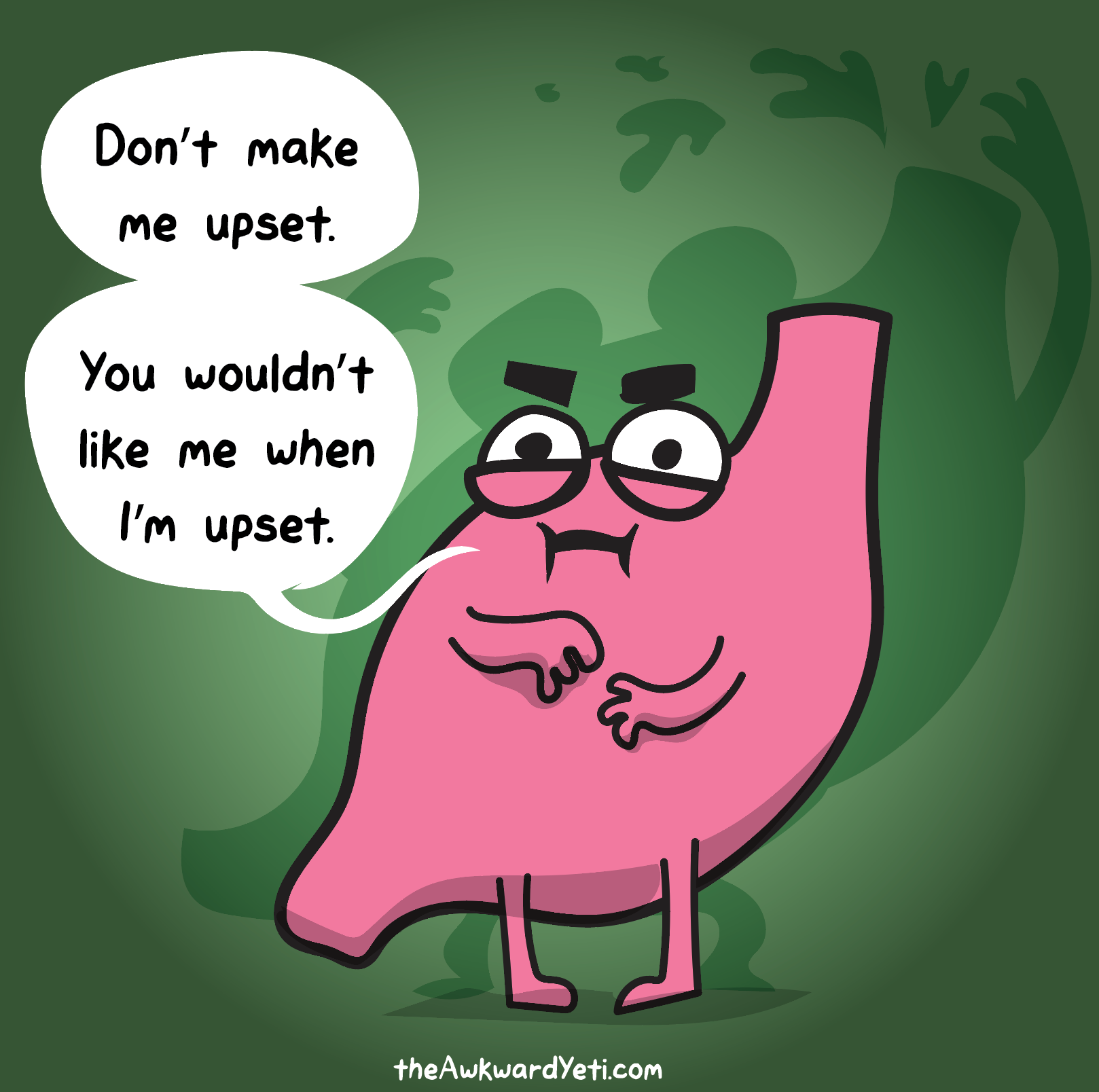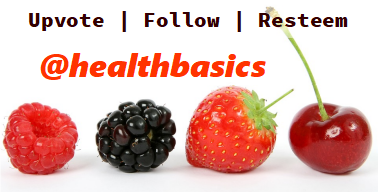Recently proton pump inhibitors (PPI's) have come under fire for possibly increasing the risk of gastric cancer.
But hey! You may have been put on a PPI by your doctor to prevent cancer. That may be true, but the latest research is showing that you can't beat nature by suppressing symptoms.

PPI's and Cancer Prevention
When someone has Gastroesophageal Reflux Disease (GERD) or more commonly known as heartburn, they get acid refluxing up their esophagus which burns and irritates the tissue there. When this happens daily, the tissue that has increased cell division to try and heal the burn. Eventually, the body actually gives up on trying to repair the tissue back to its normal state and instead tries to protect itself by changing the cells there to mucous producing Goblet Cells. This change cell type is known medically as Barrett's Oesophagus(BE).
This seems like a reasonable solution to the constant acid attack however sometimes with the constant cell growth and healing you can get pre-cancerous changes called dysplasia. BE patients with high-grade dysplasia left untreated have a ~10% chance of developing esophageal cancer each year.[1]
This is why medical doctors are strict about treating GERD with PPI's to lower stomach acid to prevent further damage to your throat. However recent studies suggest that this may be a poor solution to stopping the progression of BE[2].
For an explanation of why this is a bad strategy and doesn't treat the cause of GERD please check out my previous post: Can your stomach be too acidic?
PPI's and Cancer Risk
Recently there have been a number of journal articles linking long-term high-dose PPI use to gastric (stomach) cancer. This comes as no surprise as someone who knows not to block symptoms as the end result over time usually results in cancer.
The increased risk of cancer comes from the PPI shutting down the production of acid without turning off the signal to produce more acid. Gastrin is a hormone that increases the number of acid pumps in the parital cells so is in competition working against PPI's. It is secreted by G cells in response to the presence of protein in the stomach and isn't turned off until the stomach acid gets below a pH of 3.

Stomach hormone interactions and drug sites of action.
The problem with PPI's is that the stomach acid doesn't get lower than pH 3. If it did then the PPI prescription would likely get increased since the stomach acid would likely be causing GERD again.
When gastrin levels are elevated for a prolonged period they start to trigger the growth of new parietal cells since your body still wants to produce more stomach acid. This leads to increased cell division and will eventually form polyps in your stomach which are an increased risk factor for cancer growth. In this case, the cancer is developing because there is a constant hormonal signal that is turning cell division on. This may seem like a "Damned if you do and damned if you don't" type of scenario. However, there is a way around it.
Treat the Root Cause
There was a case report that highlights the above problem perfectly.
A Japanese man who was on a PPI for four years was found to have multiple stomach polyps with an endoscopic examination. The polyps were found to have multiple locations of adenocarcinoma (cancer) when examined microscopically. He tested positive for H. pylori infection and had a gastrin level 59 times the upper limit of normal. When he was taken off his PPI the gastrin levels dropped to just 3 times the upper limit within 2 months. After treating the H. pylori infection the gastrin levels returned to normal. [3]

The doctors in charge of this man could have just removed the polyps and continued his PPI therapy. In all likihood the patient would have regrown the polyps and eventually cancer if not checked. Instead, the doctors decided to treat the root cause and no evidence of polyps or cancer developed over the next 3 years of monitoring.
It is interesting to note that the PPI was causing 20x the increase in the cancer promoting gastrin then the H. pylori. Gastric cancer and H. pylori infection have been linked going back to the early 90's. It is common for H. pylori infections to cause GERD and trigger the use of PPI's. How many cases of gastric cancer have occured over the decades because the symptom of GERD was treated by supressing symptoms rather the eliminating the root cause?
Just to be clear, I am not against the short term use of PPI's for healing ulcers and sever gastritis however in those cases the root cause needs to be determined so that the patient is able to come off of PPI's over the long term.
Sources
- Barrett's oesophagus
- Gastrin stimulates a cholecystokinin-2-receptor-expressing cardia progenitor cell and promotes progression of Barrett's-like esophagus
- Adenocarcinoma arising in multiple hyperplastic polyps in a patient with Helicobacter pylori infection and hypergastrinemia during long-term proton pump inhibitor therapy
References
Picture 1 / Picture 2 / Picture 3-cartoon

Please let me know what you think about the article and if I could have expressed my ideas in a more clear fashion. If you have a suggestion for a topic in the future I would gladly take it.

Please let me know what you think about the article and if I could have expressed my ideas in a more clear fashion. If you have a suggestion for a topic in the future I would gladly take it.
